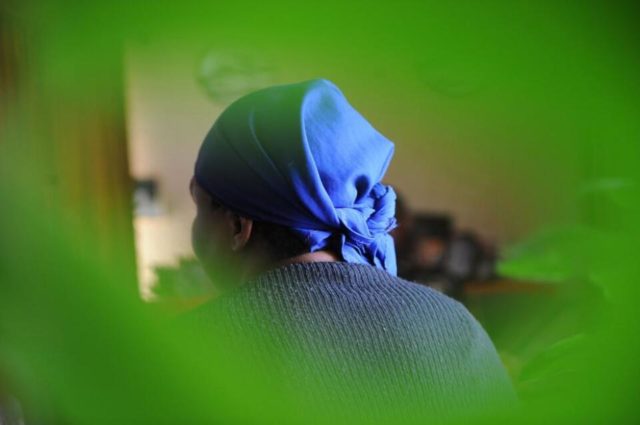“The question is whether the national minimum wage constitutes a fair income and whether it is enough to meet the basic needs of South Africa’s families.”
Durban – The National Minimum Wage set to come into effect next month has caused widespread disappointment and mixed reactions from trade unions, academics and NGOs.
Researcher Julie Smith, of the Pietermaritzburg Economic Justice and Dignity group (PMBEJD), said the increase was not going to assist workers to put food on the table or pay for transport and electricity.
She said high levels of inflation were expected to continue into 2021 in addition to Eskom tariff increases, among others.
Smith said in their submission to the National Minimum Wage Commission, they warned the proposed increase of a 3% Consumer Price Index (CPI) plus 1.5% would be disastrous for South Africa.
“We have a problem with how wage adjustments are set because CPI tracks backwards, it tracks what the inflation was from September 2020 to September 2021, but if you want to give a proper wage adjustment to workers you have to track forward to what inflation would be in 2021,” she said.
“In January, for the most number of days and the most number of hours, a worker will take home R3 321.60. Our food basket, which is an average for Cape Town, Durban, Pietermaritzburg and Springbok, is R4 051.20,” said Smith.
Based on this example, Smith said, with the 93c-an-hour increase in March, the wage would increase to just over R3 470 and workers would still not be able to afford a basket of food let alone transport and electricity. She explained the increase equated to over R7 extra per day and around R148 per month.
Smith said their basket estimate increased by R194.86 nationally over the last five months.
“For a national minimum wage worker, and in fact most South Africans, every year they become poorer than they were the year before,” said Smith.
Smith said the minimum wage was meant to allow workers to have a decent quality of life.
“Instead it has become a poverty wage,” she said.
Pinky Moshiane, president of the United Domestic Workers of SA, said she had mixed feelings about the wage increase because this increase was better than the last two years.
However, Moshiane said domestic workers were still being discriminated against.
“While farm workers are getting what all other workers are getting, we’re left behind again, with a promise that next year we will get the same minimum wage like all other workers. We are hoping that humanity will touch some employers who are still underpaying their domestic workers and they will comply,” said Moshiane.
Amy Tekie, of Izwi the Domestic Workers Alliance and One Wage Campaign, said while it was great to see an increase for domestic workers, it was also unfair they received a lower wage than other workers.
“It sends a message to domestic workers and the public that domestic work is not equal to other work,” she said.
Kelebogile Khunou, a researcher at the Socio-Economic Rights Institute, said all workers deserved decent working conditions, which according to the International Labour Organisation included a fair income.
“The question is whether the national minimum wage constitutes a fair income and whether it is enough to meet the basic needs of South Africa’s families,” she said.
Agricultural organisation TLU SA said it was shocked by and disappointed with the increases.
TLU SA president Henry Geldenhuys said the organisation predicted the increase in wages for farmworkers would increase food prices and unemployment.
Geldenhuys said last year they made a submission against implementing an increase and suggested that it be set aside until the economy and employment rates pick up.
“The ability of employers – farmers – to absorb these levels of remuneration is impossible. We shudder when thinking of the consequences of unemployment in South Africa when the government implements the increased hourly rate,” he said.
DA MP Dr Michael Cardo said the double-digit increases in the agricultural and domestic service sectors was unsustainable.
“It will lead to job losses at a time when Covid-19 and the associated national lockdowns have already caused economic havoc and resulted in millions of job losses,” he said.
Cardo said no sector would be able to absorb such increases at a time of serious economic decline.
“As it is, the domestic service sector has been particularly hard hit by Covid-19 with many employers struggling to keep on their domestic workers,” he said.
The amendment was published on Monday in terms of Section 6 (5) of the National Minimum Wage Act, No 9 of 2018. The general minimum wage will increase by 93 cents from R20.76 to R21.69 for each ordinary hour worked.
Farm workers would be entitled to earn R21.96, domestic workers R19.09 and R11.93 for workers from the expanded public works programme.
The Mercury








